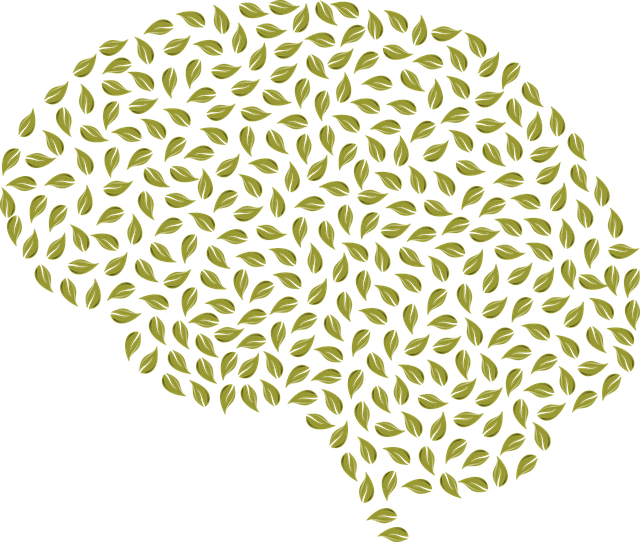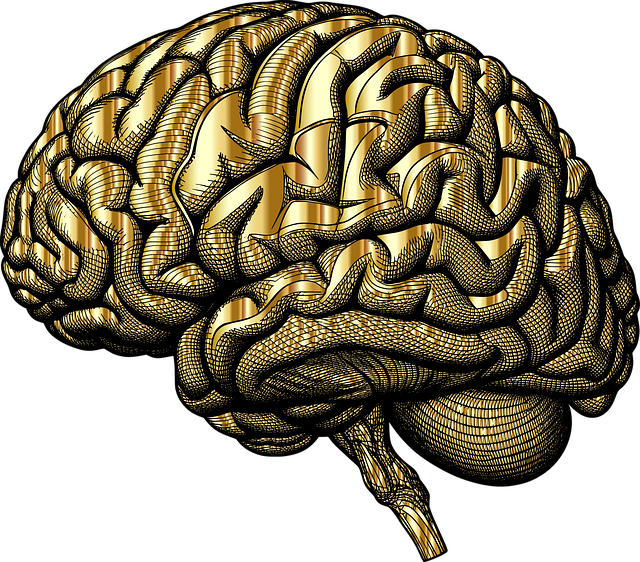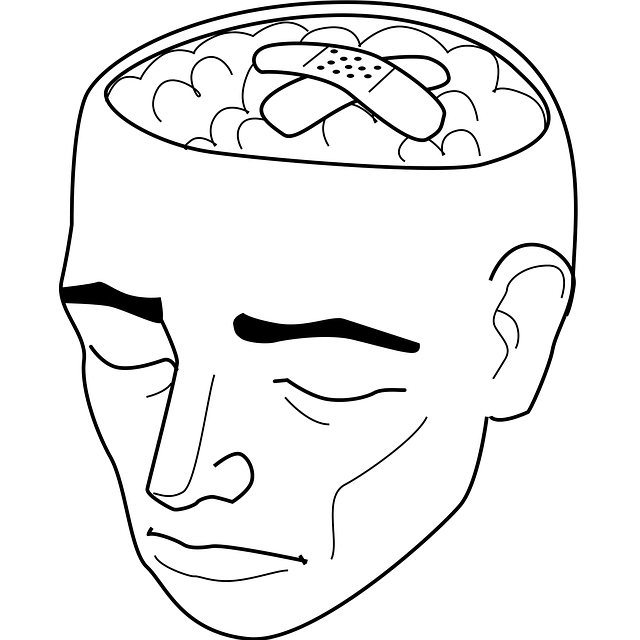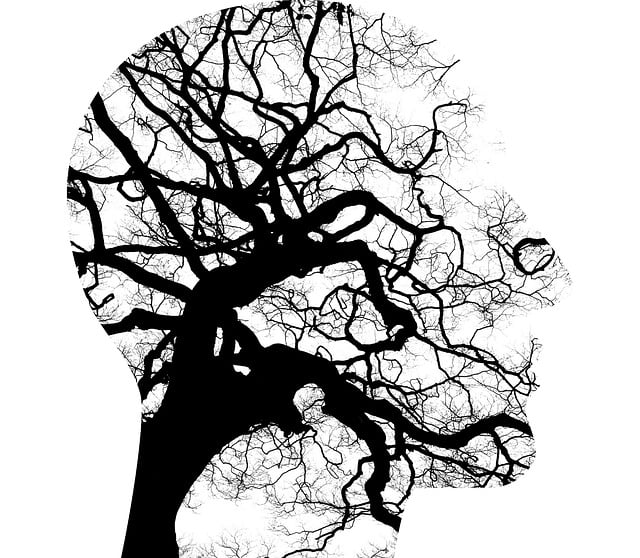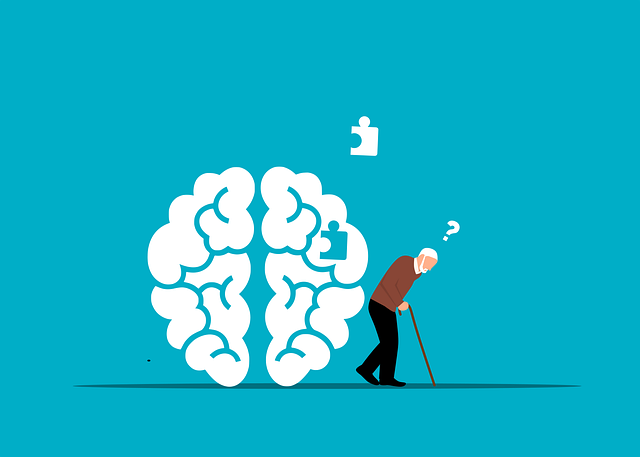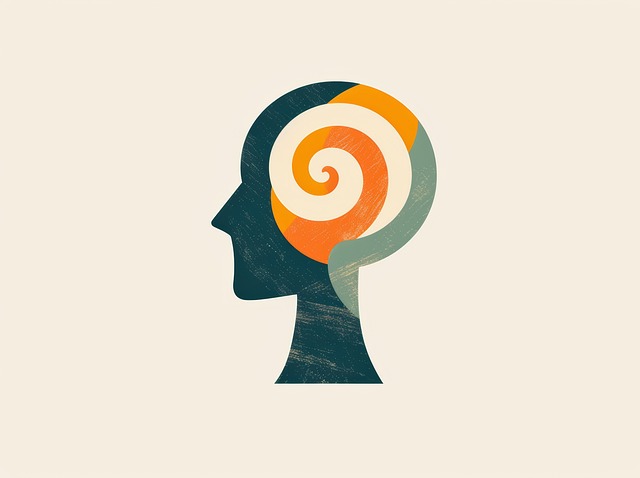Littleton Trauma Therapy offers Social Skills Training (SST), a transformative approach for individuals with mental health conditions or trauma. SST equips people with effective communication, empathy, and non-verbal cues to navigate social interactions confidently, reducing stress and isolation. Through tailored risk assessments, interactive workshops, role-playing, group activities, and continuous support resources, SST empowers clients to improve confidence, manage emotions, and foster healthier relationships while destigmatizing mental illness conversations.
Social skills training is a powerful tool for managing mental health conditions, fostering connections, and improving overall well-being. This comprehensive guide explores how enhancing social interactions can significantly impact mental health, particularly through evidence-based practices like Littleton Trauma Therapy. We’ll delve into identifying key social skills, effective training methods, real-world application, and continuous support to ensure lasting positive changes for individuals navigating social challenges alongside their mental health journeys.
- Understanding Social Skills and Their Impact on Mental Health
- The Role of Littleton Trauma Therapy in Addressing Social Challenges
- Identifying Specific Social Skills to Focus On
- Strategies for Effective Training and Practice
- Real-World Application and Continuous Support for Lasting Change
Understanding Social Skills and Their Impact on Mental Health

Understanding social skills is crucial in navigating the complexities of mental health conditions. These skills, encompassing effective communication, empathy, and appropriate non-verbal cues, play a pivotal role in how individuals interact with others and their overall well-being. For many people struggling with mental health issues, such as those seeking Littleton trauma therapy, social interactions can become challenging. The impact of poor or lacking social skills is profound; it may contribute to isolation, increased stress levels, and even exacerbation of existing conditions like anxiety or depression.
Social Skills Training (SST) emerges as a powerful tool in addressing these challenges. By teaching individuals how to navigate social situations with greater ease and confidence, SST aims to reduce the stigma associated with mental illness and promote healthier interactions. Incorporating stress management techniques within this training further empowers participants to handle potentially triggering or anxiety-inducing social encounters effectively. As Mental Illness Stigma Reduction Efforts continue to gain momentum, SST becomes an invaluable component in holistic therapy approaches, enabling individuals to reclaim their social lives and foster supportive connections.
The Role of Littleton Trauma Therapy in Addressing Social Challenges

Lilton Trauma Therapy plays a pivotal role in addressing social challenges associated with mental health conditions. Through innovative and tailored approaches, this specialized therapy helps individuals navigate complex interpersonal dynamics and build healthier relationships. By focusing on emotional intelligence and communication strategies, Littleton Trauma Therapy equips clients with essential tools to manage social interactions effectively.
Beyond individual therapy sessions, the development of public awareness campaigns and mental wellness coaching programs further reinforces these efforts. These initiatives contribute to a broader understanding of trauma and its impact on social functioning, fostering an environment where those affected feel supported and empowered. By integrating emotional intelligence into these programs, participants gain insights into their own emotions and those of others, promoting empathy and meaningful connections in their communities.
Identifying Specific Social Skills to Focus On

When embarking on social skills training for mental health conditions, such as those offered by Littleton Trauma Therapy, it’s crucial to identify the specific areas that need improvement. This involves a comprehensive risk assessment for mental health professionals to understand the individual’s current social interactions and challenges. By assessing communication styles, emotional regulation, and coping mechanisms, therapists can tailor interventions to address unique needs.
For instance, some individuals may struggle with initiating conversations or maintaining eye contact, while others might face difficulties in interpreting social cues or expressing emotions appropriately. In light of these findings, training should focus on building foundational skills like active listening, assertiveness training, and emotional intelligence. Incorporating positive thinking exercises and stress reduction methods, such as mindfulness techniques, can further enhance an individual’s ability to navigate social situations with greater confidence and ease.
Strategies for Effective Training and Practice

Social skills training is a crucial component of comprehensive mental health care, offering practical tools for individuals to navigate social interactions with confidence and resilience. Effective training strategies often involve a combination of structured lessons, role-playing exercises, and real-life practice opportunities. For instance, Littleton Trauma Therapy utilizes interactive workshops where clients learn communication techniques tailored to their specific needs, whether it’s improving assertiveness or managing anxiety in group settings.
Incorporating Self-Awareness Exercises is essential within these training programs. By fostering a deep understanding of one’s emotions and triggers, individuals can anticipate and respond appropriately in various social contexts. Additionally, Cultural Sensitivity in Mental Healthcare Practice plays a pivotal role in ensuring inclusive training. Encouraging trainees to recognize and respect diverse cultural backgrounds equips them to provide sensitive and effective support to a broad range of clients. Risk Management Planning for Mental Health Professionals is another critical aspect, guiding practitioners on handling potential challenges while facilitating social skills training in a safe and supportive environment.
Real-World Application and Continuous Support for Lasting Change

Real-world application is a cornerstone of effective social skills training, especially for individuals navigating mental health conditions. At Littleton Trauma Therapy, we understand that learning new skills and behaviors takes consistent practice in various settings to ensure lasting change. Our comprehensive programs go beyond classroom instruction by providing opportunities for clients to apply their growing social acumen in real-life scenarios, such as role-playing exercises mimicking everyday interactions or group activities designed to foster collaboration and communication.
Continuous support plays a crucial role in this process. We offer ongoing resources like Stress Management Workshops Organization, Coping Skills Development sessions, and even Mental Wellness Podcast Series Production to reinforce learning and encourage clients to maintain their progress. By offering diverse avenues for engagement and growth, we empower individuals to become more adept at managing social situations, ultimately enhancing their mental wellness.
Social skills training, particularly through innovative approaches like Littleton Trauma Therapy, plays a pivotal role in managing mental health conditions. By identifying and honing specific social skills, individuals can navigate social challenges more effectively, fostering better relationships and enhancing their overall well-being. Strategies for effective training, coupled with real-world application and continuous support, ensure lasting positive change. This holistic approach, as demonstrated by Littleton Trauma Therapy, is a promising game changer in the realm of mental health care.



